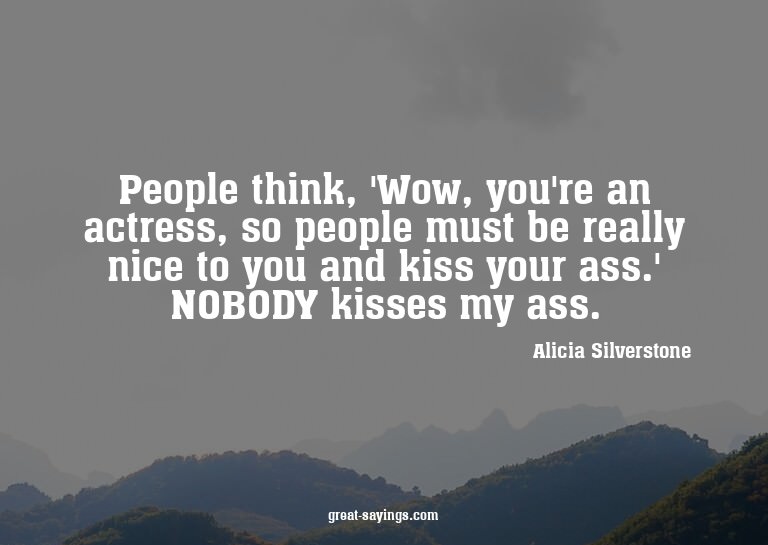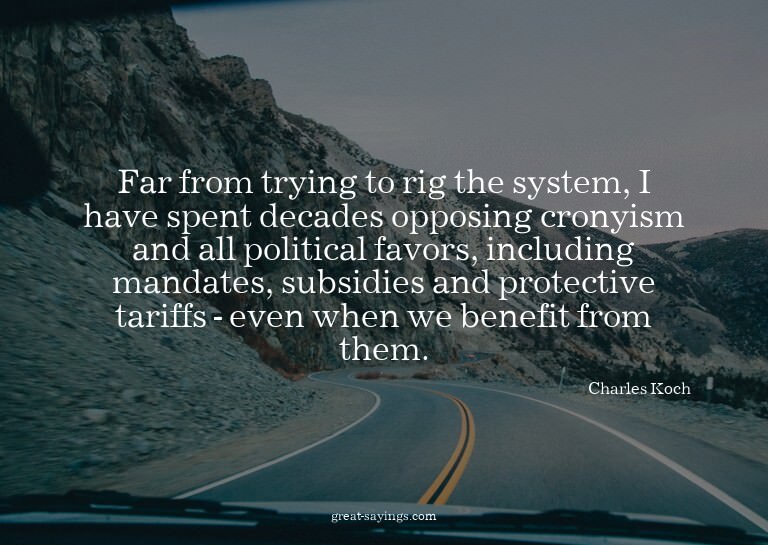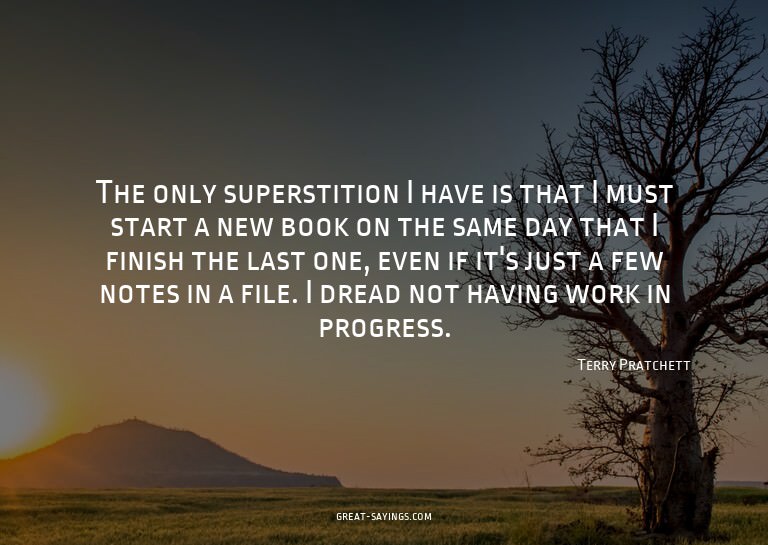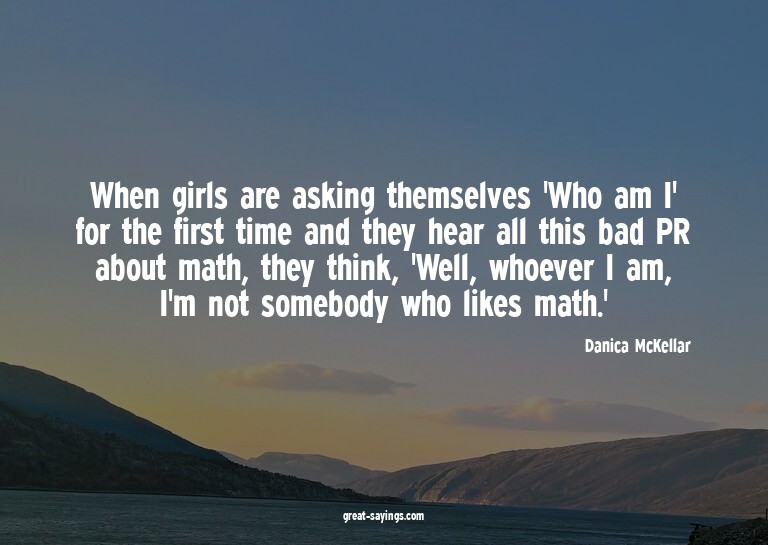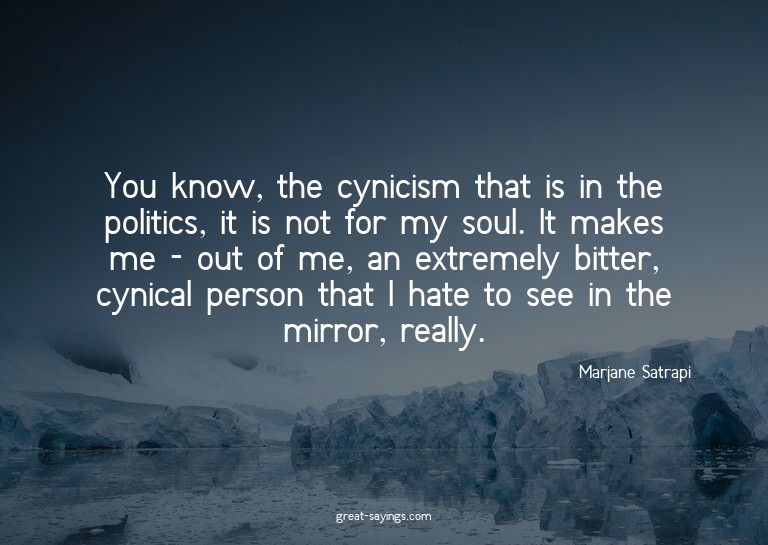Words matter. These are the best Wim Wenders Quotes, and they’re great for sharing with your friends.
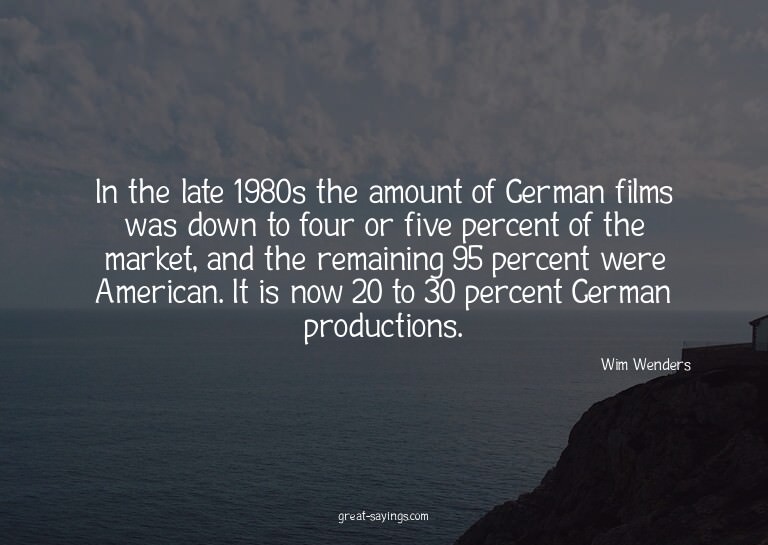
In the late 1980s the amount of German films was down to four or five percent of the market, and the remaining 95 percent were American. It is now 20 to 30 percent German productions.
But I think that the spirit of protectionism would be the grave of European cinema. You cannot protect something by building a fence around it and thinking that this will help it survive.
I’m getting a little bored by the juxtaposition of American and other cinema. I no longer think this division is as true as it might have been in the 1980s, or the early part of the 90s.
Film is a very, very powerful medium. It can either confirm the idea that things are wonderful the way they are, or it can reinforce the conception that things can be changed.
Many French directors, having now realised there was no more real criticism, that the standards of the past have gone, are very offended about the quality of film criticism.
Cinema is a worldwide phenomenon.
The more opinions you have, the less you see.
On the contrary a film can promote the idea of change without any political message whatsoever but in its form and language can tell people that they can change their lives and contribute to progressive changes in the world.
Any film that supports the idea that things can be changed is a great film in my eyes.
Everything is entertainment; criticism is now entertainment and it seems that the French directors have woken up one day and suddenly realised that they were not backed up any more.
In this age of consumerism film criticism all over the world – in America first but also in Europe – has become something that caters for the movie industry instead of being a counterbalance.
Entertainment today constantly emphasises the message that things are wonderful the way they are. But there is another kind of cinema, which says that change is possible and necessary and it’s up to you.
Any movie that has that spirit and says things can be changed is worth making.
Take opera for example – to go to the opera you have to dress up in a tuxedo and pay lots of money.
It’s very hard to find critics or a magazine today that will publish material that is genuinely independent and written without any concern about being cut off some distributor’s list or not be invited or flown into screenings.
So I am getting a little bored with defining one type of film as American and the other European or from somewhere else because the division is no longer true.
Many of the critics today get airline tickets, hotel accommodation, bags, beautiful photographs, gifts and other expenses paid by the distributors, and then are supposed to write serious articles about the movie.
What is generally referred to as American-style films are, in fact, studio productions.
Movies are something people see all over the world because there is a certain need for it.
In fact, it is amazing how much European films – Italian, French, German and English – have recovered a certain territory of the audience in their countries over the last few years.
For years all I seemed to be doing was lobbying politicians and others to persuade them that European culture needed movies, and that we had to protect it.
The Cuban people have an amazingly strong and unbroken spirit.
I’ve never been anywhere in my life like it and I only really noticed it when I returned to Los Angeles and then Berlin. Everybody is much better off in these places, there is not poverty like in Cuba, but everybody complains about things.
Of course the French are making very credible movies and it is still one of the greatest nations in terms of world cinema but the real problem is the decay in film criticism.
Neither Rainer Werner, nor any of us could have succeeded, or produced the number of films that we did, just on our own. We showed our films to each other, discussed them vigorously and rarely agreed.

